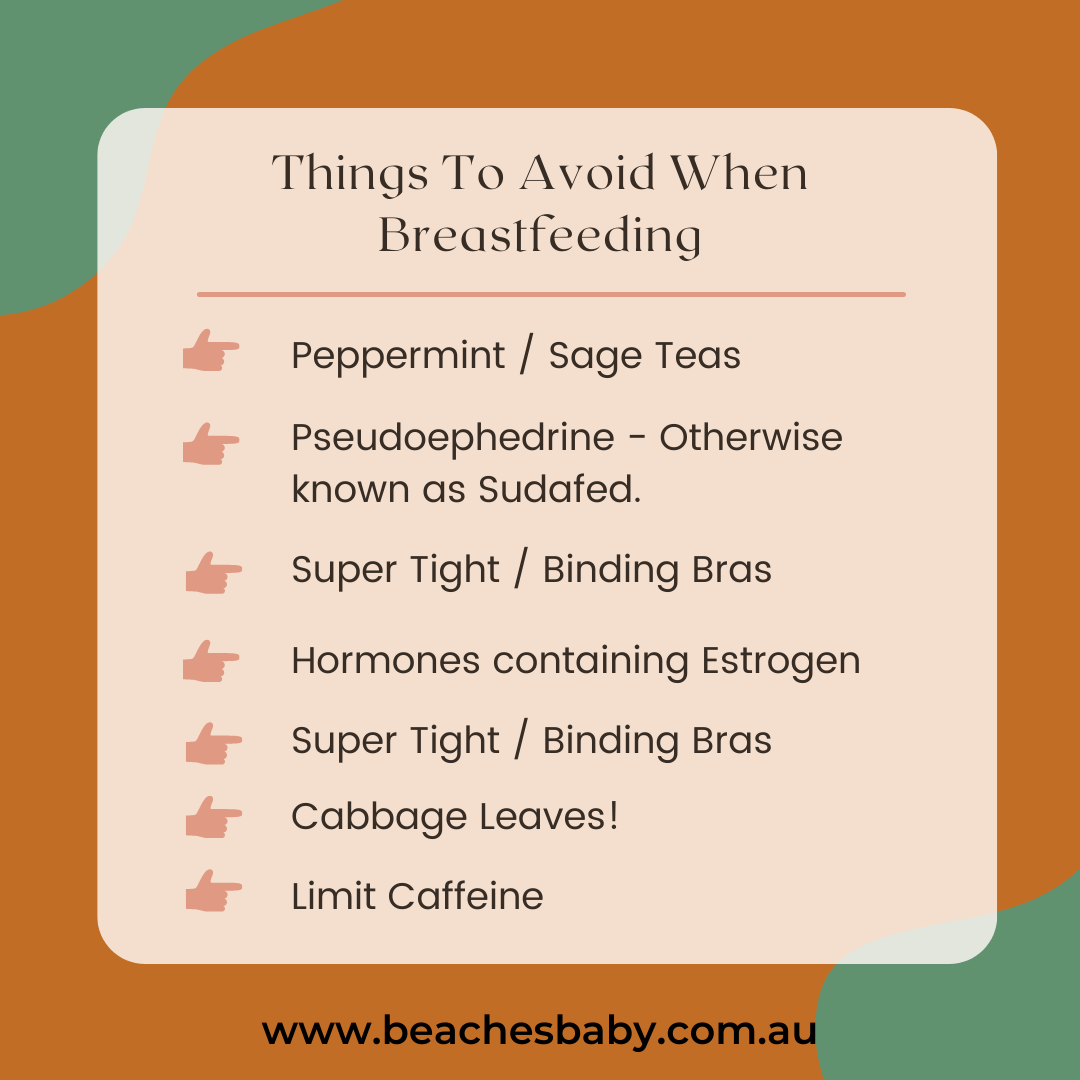
Beaches Baby Blog
When breastfeeding doesn’t work out
When breastfeeding doesn’t work out.
Birth and breastfeeding are emotional times in a woman’s life and come with a weight that is deeply personal. Women will carry and tell their birth story over and over and it will stick with them throughout their life. Similarly, a breastfeeding journey can also be full of emotions. So when breastfeeding doesn’t work out, it can leave a lasting impact. So with that in mind, I want you to know:
Breastfeeding “Older” Babies
Breastfeeding has been recommended for children up to 2 years and as long as mutually desired. And yet we still hear stories of Mums being told to wean because there is no longer a benefit to their baby. So here are some reasons to continue breastfeeding your “older” child.
Connection - I loved feeding my older child, especially after being away from him all day at work. I called it “Reconnection Feeding”. I moment to stop, relax and chill out together!
Immunity - This is the biggest one! Those first years of daycare germs are brutal on the immune system! They get sick with everything (and so do you!). Your breastmilk is an alive substance. By taking in all of those disgusting germs, your milk then changes to combat those germs and get your little one get over those illnesses a little quicker.
Things to Avoid During Lactation
While I don’t generally love telling parents what they can and can’t do or eat etc during lactation, there are a couple of things to be aware of that can have an impact on milk supply. This list isn’t exhaustive and you should always check with your primary caregiver or lactation specialist.
Peppermint - Excessive amounts of peppermint could lower milk supply in some mothers.
Sage Tea - Due to the drying properties of sage and infant gut hypersensitivity, it is recommended to avoid sage either as tea or in foods.
Pseudoephedrine, otherwise known as Sudafed, is used as a decongestant, meaning it is used to dry up mucus. In women with marginal or low supply, this can cause further milk loss and it is generally recommended to avoid it while breastfeeding for most breastfeeding parents.




